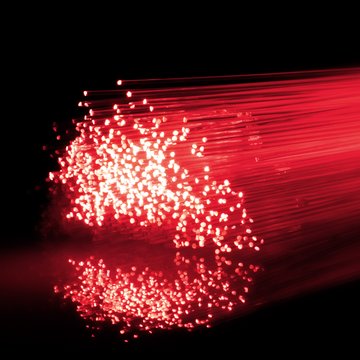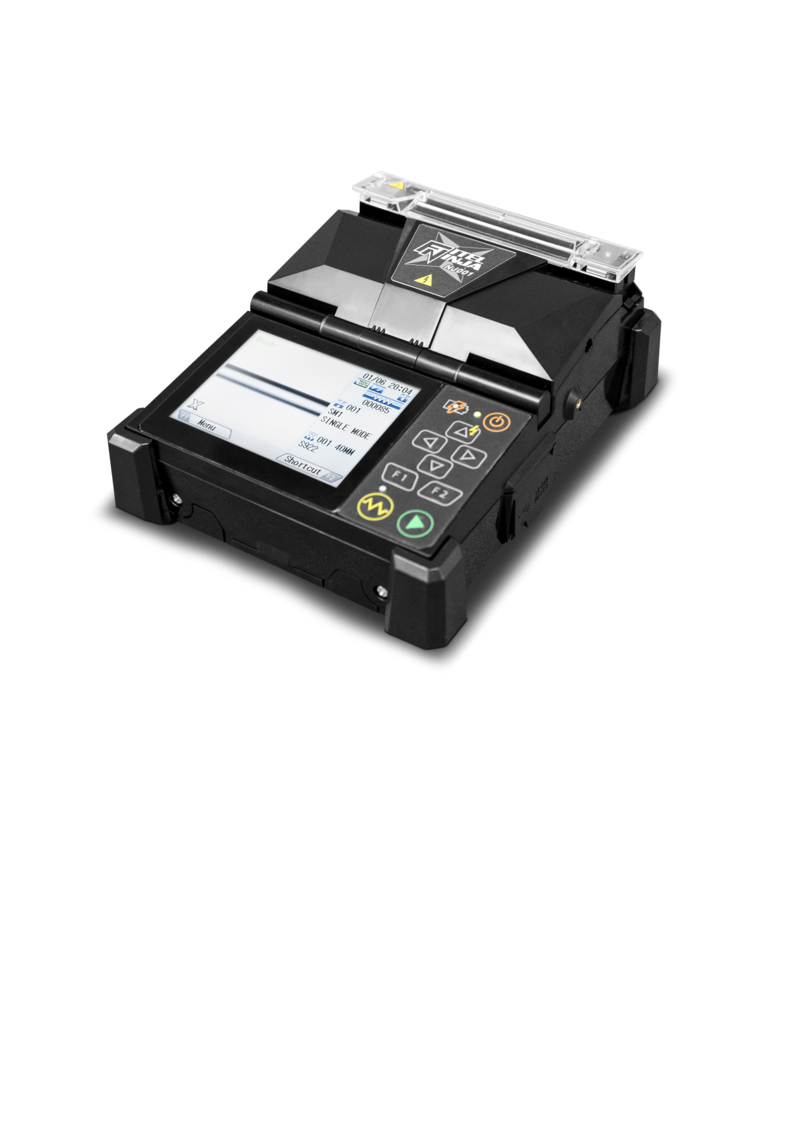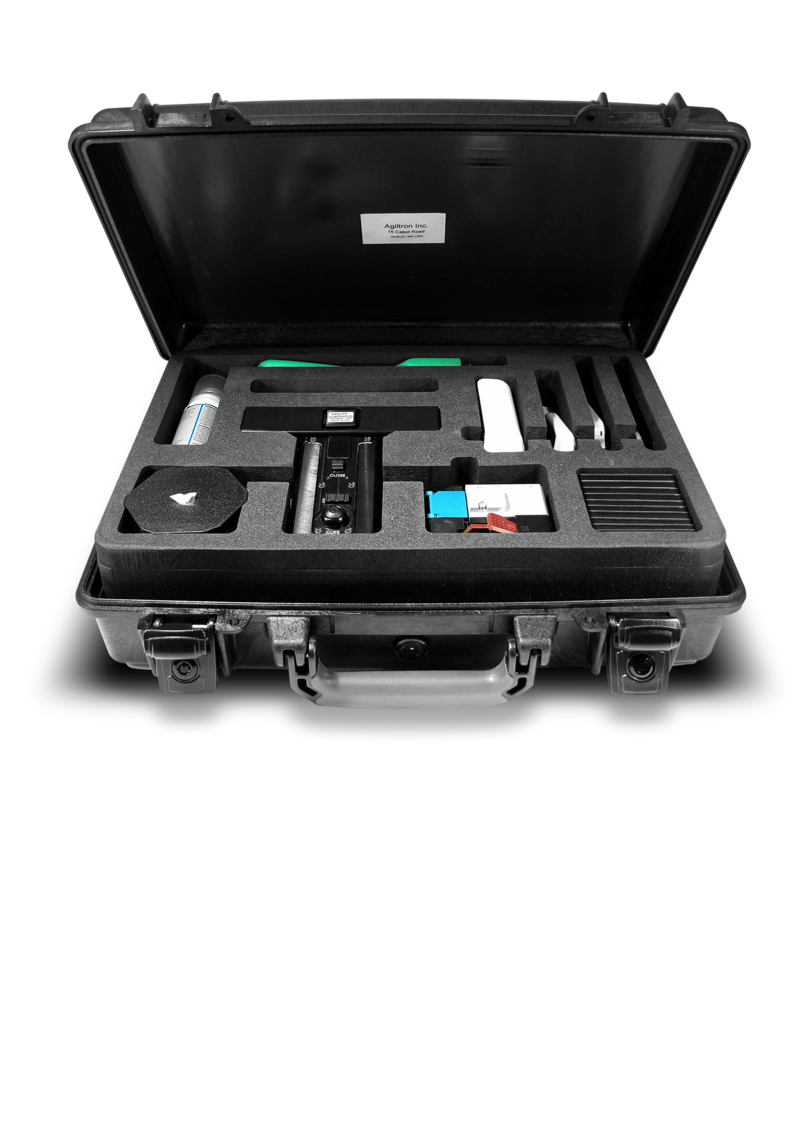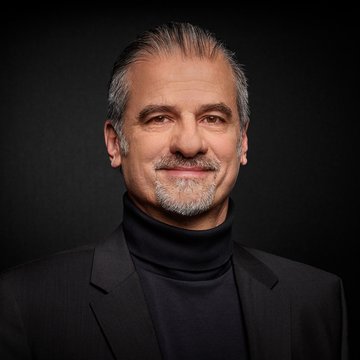Fiber Optic Splicing
Splicing is the technique of choice whenever two optical fibers need to be firmly connected to each other. It is crucial that the attenuation losses at the splice be as low as possible and that the splice last as long as possible. This is why the fusion process is used almost exclusively today. Different types of devices are used depending on the fiber and application.

Click here
Area of Application
Pay attention to this when choosing your splicer

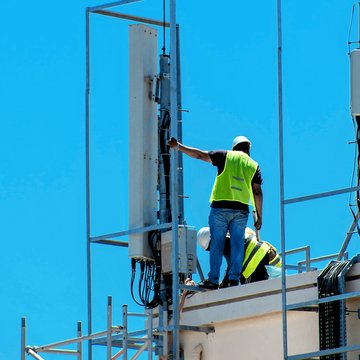
Where is the device going to be used?
Today, optical fibers are used in a wide variety of areas, some of which have very different requirements. When choosing your splicer, you should therefore first ask yourself to what you need to pay particular attention. In the field, you need robust devices that are easy to transport. In the data center, you may end up using fiber ribbons that require special splicers.
Which fiber do you intend to splice?
Different fiber types are used depending on the network level. Single-mode fibers are usually used in transport and metro networks that must bridge long distances. To align their small cores precisely, three-axis splicers with fiber core centering are recommended. With multi-mode fibers in access networks and LANs, the light-carrying core is larger. However, the installation of these networks requires many splices. Speed is therefore more important than precision in this case. The situation is completely different with multicore fibers, in which all cores must be precisely aligned with each other. This also requires appropriate splicing equipment.
Indoors or outdoors?
In installation and telecommunications construction, a lot of work is carried out on site at the customer’s premises or at distribution nodes and other facilities in the open air. In these cases, you require equipment that is robust and easy to transport. Our partners offer splicers that have been explicitly optimized for field use.
Current Technologies
Beyond Borders

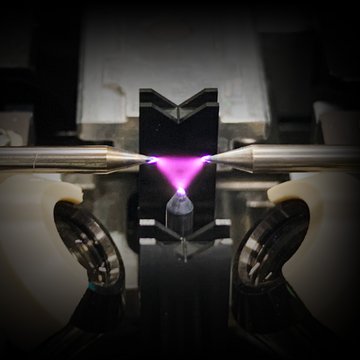
Regardless of the area of application, the fusion splicing process is used almost exclusively today. This involves heating the fiber ends with a hot arc of up to 2,000 degrees to create permanent connections with low attenuation losses. This technology is offered in various forms, which differ primarily in the way the fibers are aligned in the device.
V-groove and single-axis devices are the simplest and cheapest versions. They are cladding centered; in addition, they are used wherever speed is required, and minor deviations are accepted. One modification of this technology includes special devices for fiber ribbons, which are becoming increasingly popular in data centers. It is important that each of the up to twelve fibers in the ribbon be connected to its counterpart with as little loss as possible.
Three-axis splicers guarantee optimum alignment in the X, Y and Z axes and thus ensure lower attenuation and higher connection quality. These devices are available in many varieties, which are optimized for different fiber types and core diameters. The positioning of the fiber ends is fully automatic in current splicers, and the machine works more precisely and efficiently than a human in this respect. Nevertheless, the operator can intervene at any time and thus always has the entire splicing process under control.
Book a consultation with our Experts

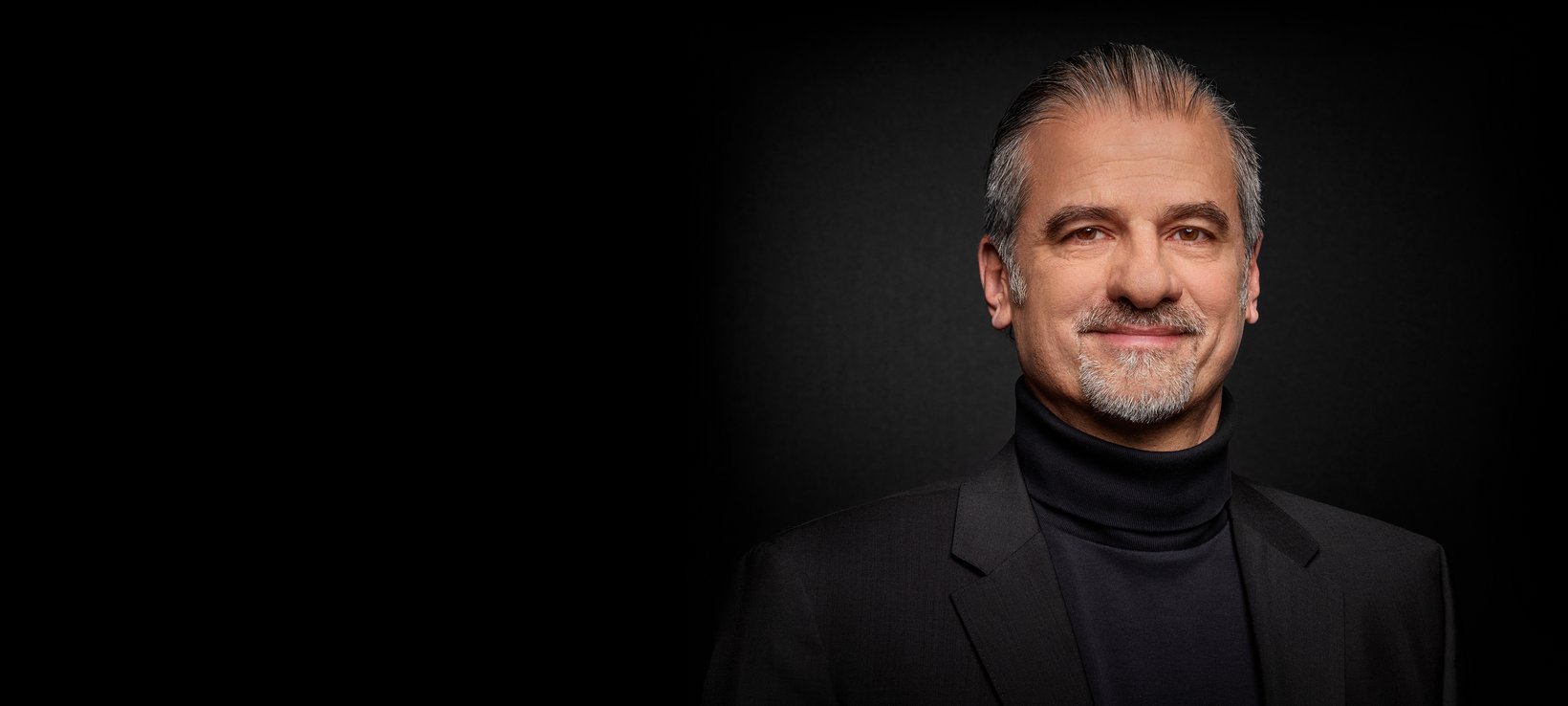
LASER COMPONENTS Germany GmbH
Products
in this area
Product Selection
Related Products

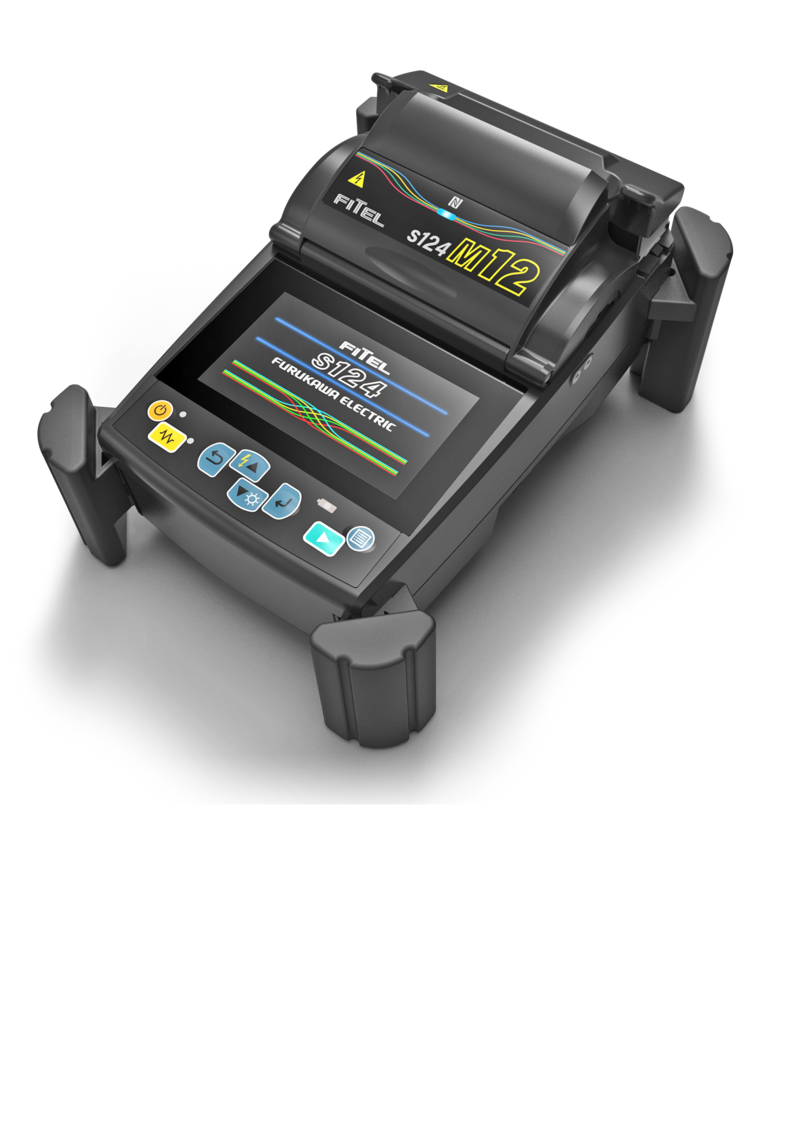
Cladding-centered fiber splicer for rollable ribbons and ribbons of up to 12 fibers. The robust device is particularly suitable for outdoor use.

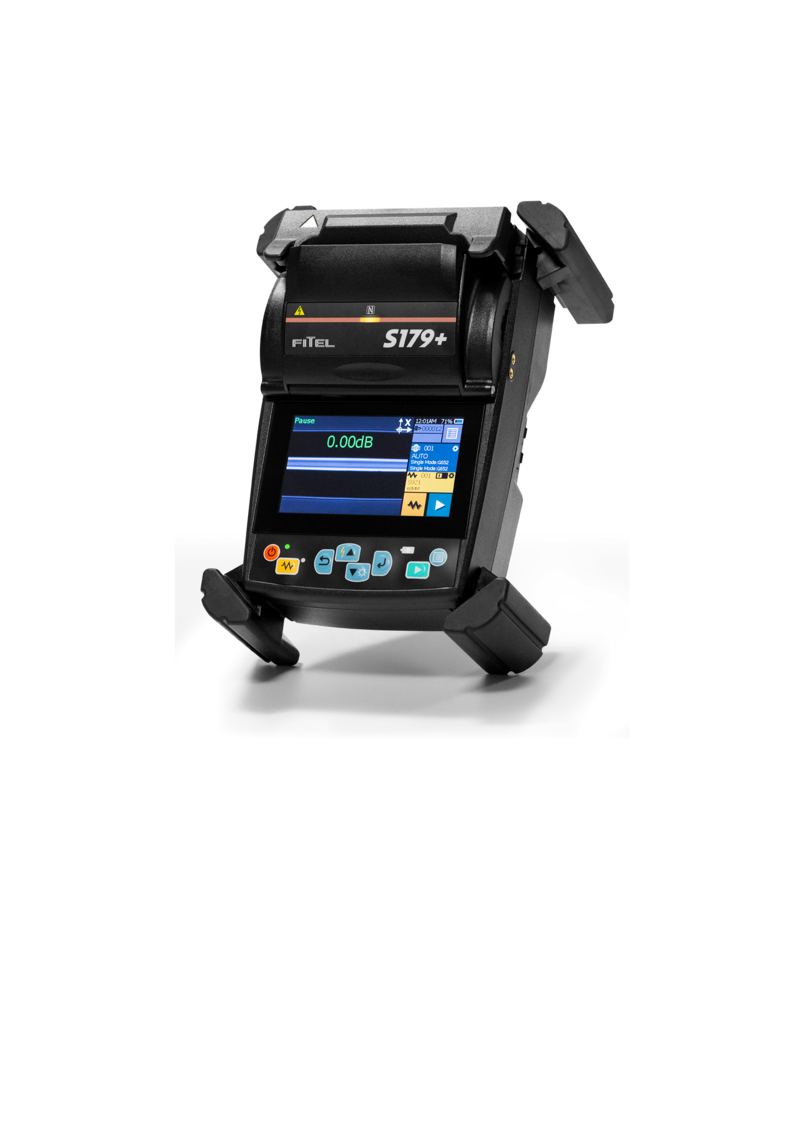
Core-aligned and cladding-aligned optical fiber splicing is carried out using three-axis splicers.

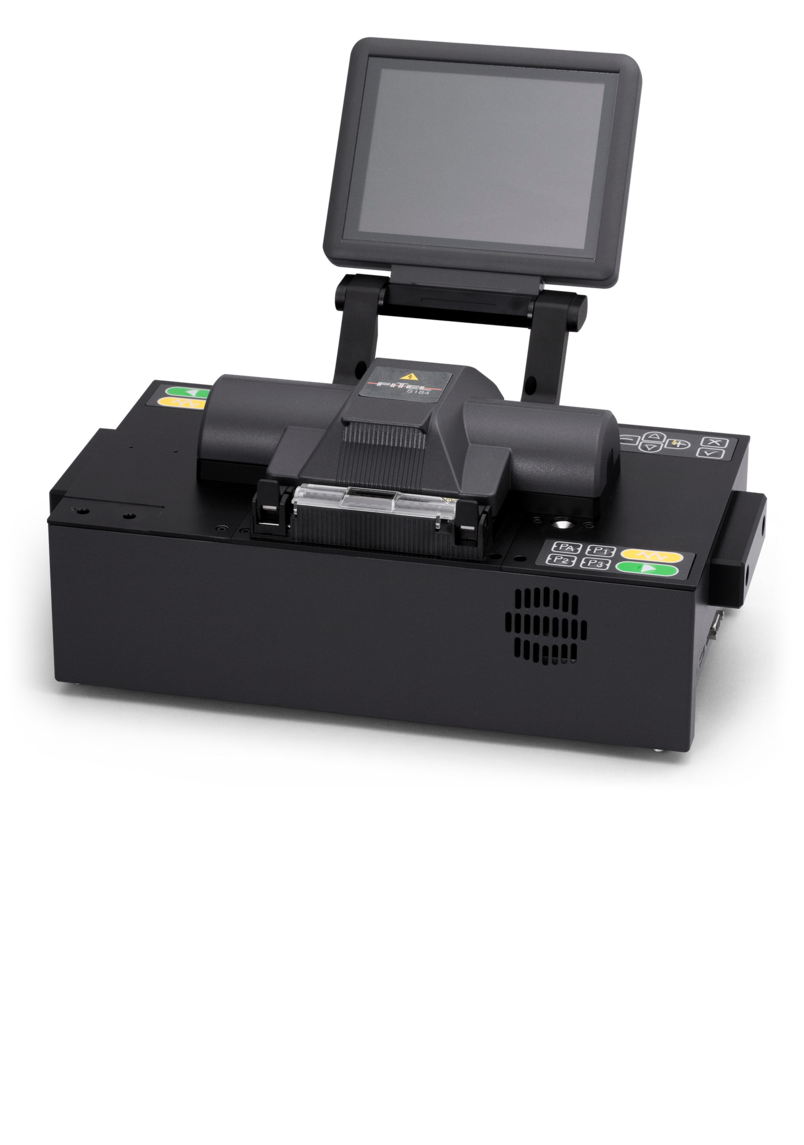
Three-axis core-aligning splicers used in the laboratory and production are suited for fibers with a diameter of up to 1200 µm as well as for polarization-maintaining (PM) fibers.
LASER COMPONENTS Germany - Your competent partner for fiber technologies, optical and optoelectronic components in Germany.
Welcome to LASER COMPONENTS Germany GmbH, your expert for photonics components. Each product in our wide range
of fiber technologies, detectors, laser diodes, laser modules, optics, and more is worth every Euro (€/EUR). Our
solutions cover all conceivable areas of application: from sensor technology to medical technology.
You can reach us here:
Werner-von-Siemens-Str. 15
82140 Olching
Deutschland
Phone: +49 8142 2864-0
Email: info(at)

